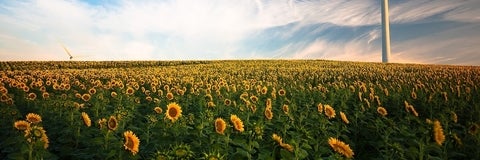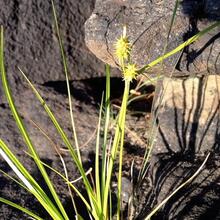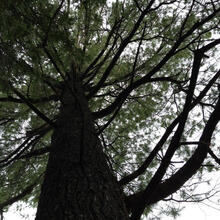
The “Biosphere Sustainability Project,” based at the University of Waterloo, Canada, began in 2005 and has been studying special places that are mandated to serve ecological stewardship and sustainable livelihoods purposes at the same time. Much of our research has focused on United Nations Educational, Scientific and Cultural Organization (UNESCO) Biosphere Reserves in Canada, but we have also considered Biosphere Reserves elsewhere, Model Forests and Forest Communities in Canada and some other cases, in several projects supported by the Social Sciences and Humanities Research Council and others.
As part of the sustainability agenda, the work incorporates attention to complex systems phenomena, community engagement in governance, and innovation for transition to sustainability in social-ecological systems.
What are Biosphere Reserves?

Biosphere Reserves are recognized as places in the world where sustainability agendas are being addressed in exemplary ways. There are well over 600 Biosphere Reserves in the world, and 16 of them are in Canada. All had to meet stringent criteria in order to become designated by UNESCO. These criteria include long-term commitments by a local biosphere reserve organization to tackle difficult sustainability issues in their own place.
UNESCO declares biosphere reserves to be “learning platforms for sustainable development”. No one organization within a biosphere reserve can do this on its own. Networks of cooperation with others have to be developed.
Working with UNESCO Biosphere Reserves and similar initiatives

We have become engaged, mostly through informal cooperation as participant-observers, with issues being addressed by people in several biosphere reserves in Canada and in some Model Forests and Forest Communities.
We started with Biosphere Reserves in Ontario for geographical convenience, but gradually expended to explore modes for cooperation with people in Biosphere Reserves and other initiatives elsewhere in Canada. For the past several years we have been working jointly with researchers led by Professor Maureen Reed in the School of Environment and Sustainability at the University of Saskatchewan, in Saskatoon.